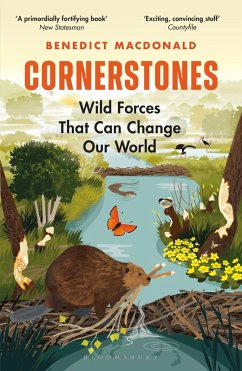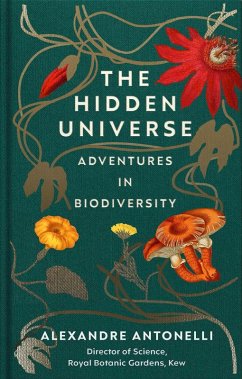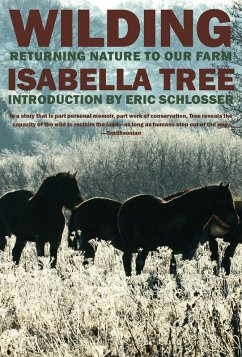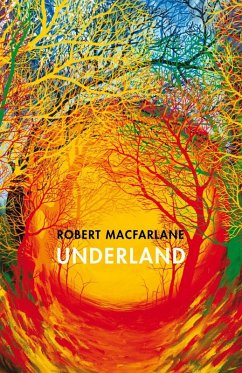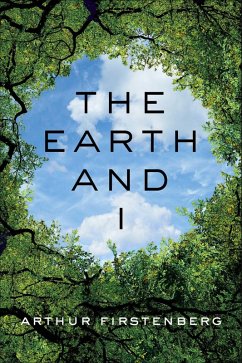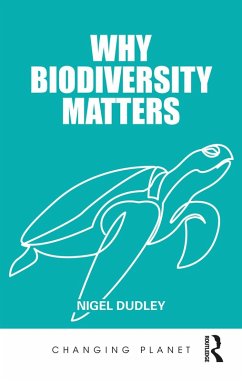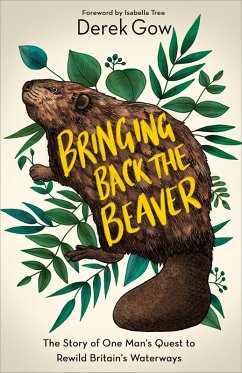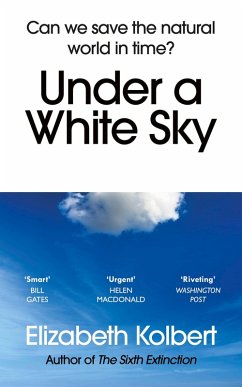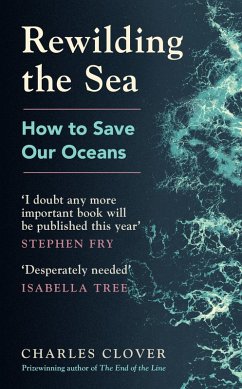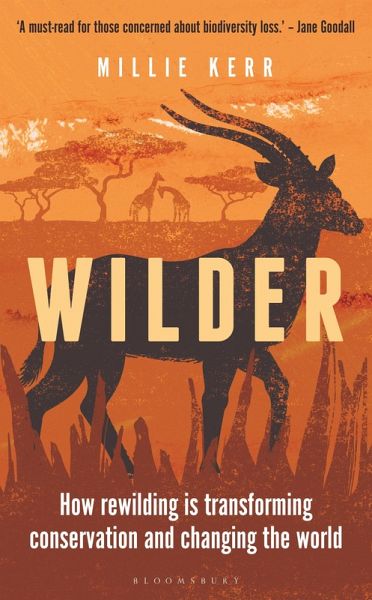
Wilder (eBook, ePUB)
How Rewilding is Transforming Conservation and Changing the World

PAYBACK Punkte
4 °P sammeln!
FINALIST IN THE 2024 AAAS/SUBARU PRIZE FOR EXCELLENCE IN SCIENCE WRITING - YOUNG ADULT SCIENCE A global rewilding journey, exploring innovative and eye-opening projects led by passionate conservationists. Rewilding is a radical new approach to wildlife conservation that offers remarkable potential. If conservation seeks to preserve what remains and stave off further decline, rewilding goes further, seeking to restore entire ecosystems. It involves a spectrum of conservation options; at one end is a 'passive' approach prioritising ecological restoration - in essence, leaving land to recover nat...
FINALIST IN THE 2024 AAAS/SUBARU PRIZE FOR EXCELLENCE IN SCIENCE WRITING - YOUNG ADULT SCIENCE A global rewilding journey, exploring innovative and eye-opening projects led by passionate conservationists. Rewilding is a radical new approach to wildlife conservation that offers remarkable potential. If conservation seeks to preserve what remains and stave off further decline, rewilding goes further, seeking to restore entire ecosystems. It involves a spectrum of conservation options; at one end is a 'passive' approach prioritising ecological restoration - in essence, leaving land to recover naturally. At the other is what might be termed 'active' rewilding, where habitats are actively restored and keystone species reintroduced to quicken the process of recovery. The stakes are high in active rewilding. Large mammal translocations and wildlife corridors running through densely populated areas are high-risk, high-reward initiatives. In this timely and exciting contribution to a wider conversation about our relationship with the natural world, wildlife journalist Millie Kerr takes readers on a global journey of discovery. She considers the practicalities and possibilities of ecological restoration around the world, while exploring first-hand some of the most ambitious undertakings occurring today, many of which involve species reintroductions in the Global South. Wilder details the return of jaguars to an Argentinian national park, the first-ever pangolin reintroduction project in South Africa, and the ways in which giant tortoises are aiding the recovery of ecosystems throughout the Galápagos Islands, among many others. At an urgent moment in the international fight against biodiversity loss, Wilder's message is one of innovation and optimism. By focusing on conservation success stories and showing that there are bands of determined conservationists fighting for a better future, Wilder inspires us all to become part of the solution.




